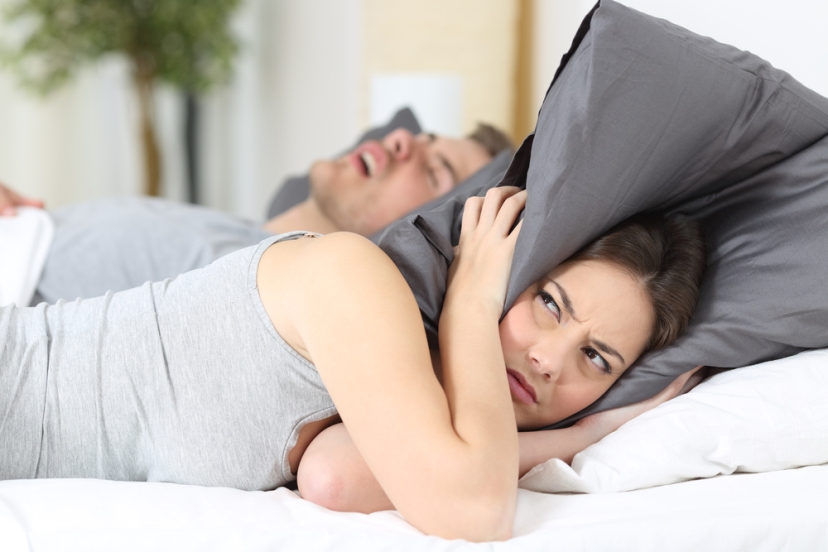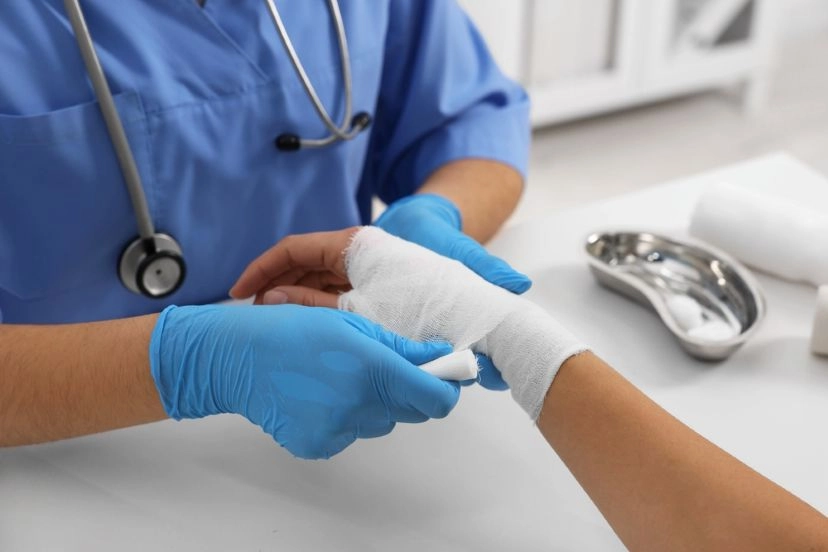Sleep apnea

When breathing repeatedly stops during your sleep, it is called sleep apnea. Sleep apnea is often unrecognized as it takes place while we sleep. Sometimes breathing stops for hundreds of times which can cause brain and the rest of the body not receive enough oxygen. Sleep apnea problem is more likely to occur among men, overweight people and people over 40 years old. Sleep apnea not only affects day to day life but also contribute the serious health problems such as hypertension, heart diseases and diabetes. Research has shown that people who suffer from sleep apnea are more likely to have heart attack and die in the middle of the night.
Sleep apnea is divided into two types
• Obstructive sleep apnea (OSA) is found more often than other types, caused by the soft tissue in the back of the throat that collapses and block the airway while sleeping. The patients experience loud snoring.
• Central sleep apnea. It occurs when the brain fails to signal the muscles to breathe not because the airway is blocked.
• Complex sleep apnea. It is the combination of obstructive sleep apnea and central sleep apnea.
Below are the common sleep apnea symptoms:
• Waking up with a very sore or dry throat
• Loud snoring
• Occasionally waking up with a choking or gasping sensation
• Sleepiness or lack of energy during the day
• Sleepiness while driving
• Morning headaches
• Restless sleep
• Forgetfulness, mood changes, and a decreased interest in sex
• Recurrent awakenings or insomnia
In term of diagnosis, a sleep study can be done to monitor the sleep by the specialist; it is called polysomnogram and can be performed in a sleep center or even at home. If the patients have sleep apnea problem, the doctor might suggest using CPAP (continuous passive airway pressure) for treatment, it is the most widely accepted treatment which gently provides a constant stream of air through a mask they wear during sleep. The breathing pauses caused by sleep apnea are disappearing as well as loud snore.
If you, your partner or your family find that you snore loudly followed by a period of silence during the night, you feel excessively drowsy and do not have much energy to do your routine activity, consult with the doctor. Sleep apnea is treatable.


